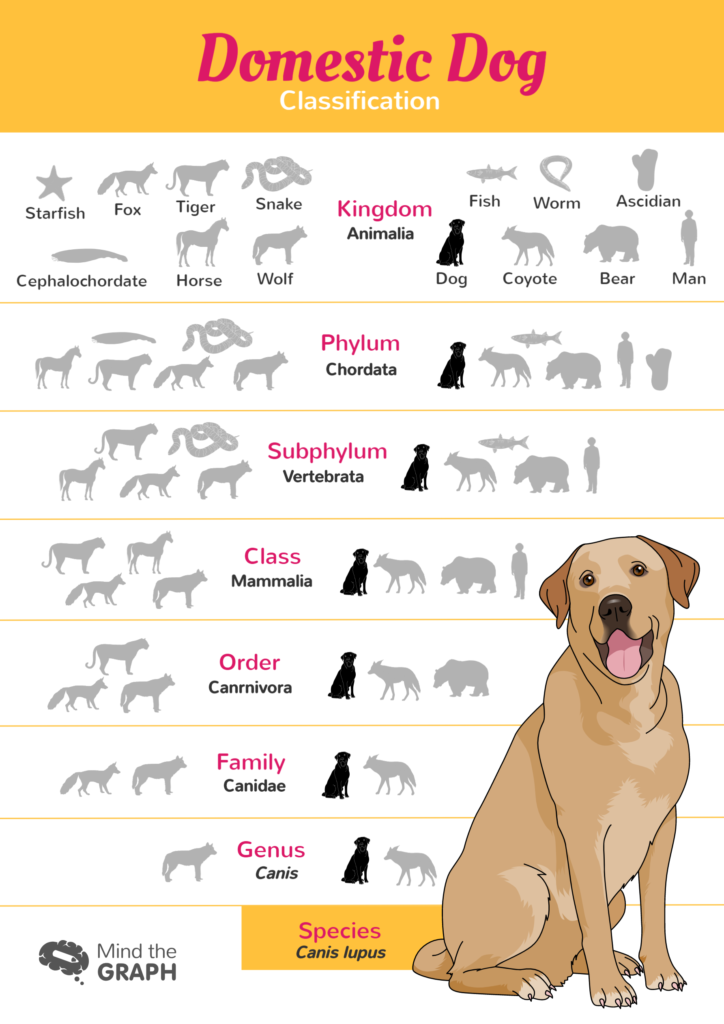What You Need To Know About Dog Daycare For Special Needs Dogs
What You Need To Know About Dog Daycare For Special Needs Dogs
Blog Article
Can Dog Day Care Cause Illness?
Pets in childcare get lots of exercise, socializing with other dogs and one-of-a-kind experiences. This can be specifically valuable for puppies and dogs with behavior problems.
There are a number of lawful factors to consider you require to take into account when starting a doggy day care service. These consist of the framework of your business and compliance with government policies.
1. Dog Distemper
Canine distemper is spread out via straight contact with the bodily fluids and waste of an infected canine, however it can likewise be transferred by means of common water and food bowls or via air-borne beads. This highly contagious disease is most harmful for young puppies, however it can affect pet dogs of any kind of age and is deadly for the majority of if left untreated.
Initial symptoms of canine distemper frequently imitate a cold, including drippy eyes and nose with watery or pus-like discharge. As the illness advances, a pet dog will certainly establish high temperature, coughing, minimized hunger, throwing up and looseness of the bowels. The infection can likewise assault the nerve system, leading to seizures, jerking and partial or total paralysis.
Respectable childcares minimize direct exposure to infection by needing inoculations, routine health examinations and comply with stringent hygiene protocols. If your pup seems extremely weary or hopping, a day off might assist him recuperate, however you ought to avoid taking him back to daycare until these symptoms clear up.
2. Kennel Coughing
Kennel coughing, likewise referred to as contagious canine tracheobronchitis or Bordetella, is an extremely contagious viral or bacterial disease that influences the respiratory system system. It's typically transferred via the exchange of saliva or air beads that an ill canine breathes out. Social pets are at higher risk for infection as a result of their regular interaction with one another, such as when they play, share food or water, sniff each other or merely satisfy in a crowded environment like a pet park or childcare.
The most common signs and symptom of kennel coughing is a consistent and forceful coughing that seems like something stuck in the throat or retching. Frequently, dogs will certainly spend frothy white phlegm. If left untreated, a dog can create pneumonia and go to major risk permanently.
A trustworthy day care facility should have rigorous cleansing and sanitation methods, sterilize all toys, food and water bowls consistently, and be open concerning their vaccination plans. Maintaining your canine up to day on their vaccinations, specifically for bordetella and canine flu, will significantly reduce their opportunities of acquiring the illness.
3. Parvovirus
Canine parvovirus, or parvo, is a very infectious viral illness that can be harmful for pups and young adult pet dogs with poor body immune systems. It's most frequently spread by straight contact with contaminated pet feces-- which can occur when dogs smell, lick, or taste contaminated feces-- and indirectly from polluted people, things, or atmospheres (like kennels, grooming areas and lawns). Pups and canines without complete inoculation histories are specifically vulnerable to parvo.
The infection is very resilient, making it through in the environment for as much as nine years, and can conveniently be transferred in between dogs by call through feces or on footwear, clothing, and bed linens contaminated with parvovirus. If not dealt with promptly with IV fluids, electrolyte balance, throwing up control medicines and antibiotics to avoid second bacterial infections, a pet will quickly dry out and develop serious diarrhea, which causes shock and sepsis. Parvo is challenging to heal once a canine has actually become ill, yet with appropriate veterinary treatment, numerous young puppies do survive this health problem.
4. Pooch Influenza
Dog flu virus is extremely transmittable and spreads with straight contact, sharing food and water bowls, licking or nuzzling other pets, through airborne beads, and through polluted surface areas. Vaccination is effective in lowering the risk of infection and episodes.
Most impacted pets establish a moderate respiratory system infection with a cough that lasts 1-3 weeks. They might also have nasal and ocular discharge, sneezing, and sleepiness. Some of the most significant instances result in pneumonia and a high fever.
If your pet dog shows any of these signs, do not bring them back to day care till they are healthy. If your pet dog is revealing signs of extreme exhaustion or limping, speak with your veterinarian today and ensure they are on healthiness supplements to aid build their immunity. boarding dogs A vet will certainly review your canine for signs of the influenza by taking an example from the nose or throat, and blood tests can be done to verify.